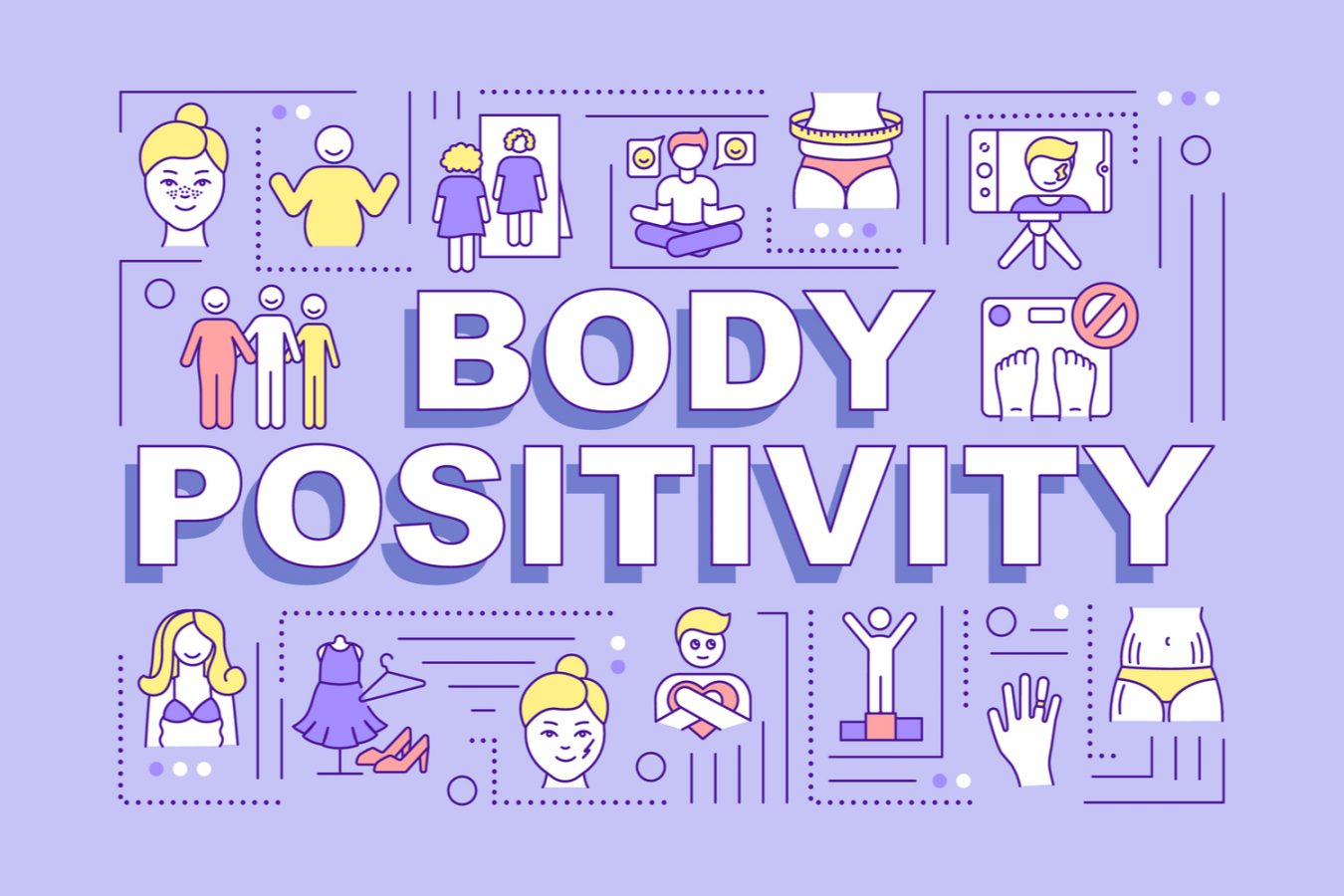
As our tweens head into year six, many likely received a phone for the first time. Here, tween and teen parenting author and speaker Michelle Mitchell, shares valuable tips for families navigating the unique challenges this can bring.
Yesterday, I spent time with a group of three mums whose tweens are in their first term of Year 6 – their final year of primary school. Many of their kid’s friends had received their own phones over the Christmas break, which had presented a whole new range of challenges that weren’t previously on the radar. These mums all agreed, ‘We weren’t prepared for this to escalate so quickly!’
Interestingly, this experience lines up with research by The Pew Research Centre, that identifies the ages of nine and ten are a time when smartphone ownership more than doubles from 23 per cent to 50 per cent. Group chats, Facetime, and texting becomes the centre of their communication. Vanessa explained, ‘Not being on social media doesn’t mean it’s easy going. WhatsApp, FB messenger, YouTube and iMessage seem to be really popular and it’s sad to see the way it is affecting them.’
In this article, I’d like to share the common themes and challenges I am hearing from parents and add some practical tips to help you through. Tech is challenging every family, so know you aren’t alone!

There's a lot of disparity within groups
Boundaries and screens vary greatly from family to family, and we need to brace ourselves for this. What is acceptable in one home, may not be in another. When parents see messages coming in at 10 pm at night, they realise that not every parent is on the same page as they are. Emma said, ‘It’s been a shock for me to see what some kids are allowed to do, and what others aren’t. You can tell who has older siblings and who doesn’t.’ She also noticed that kids who were allowed to use social media often showed off by posting their TikTok and SnapChats in group chats. It was a power position and something they were all aspiring to – very quickly.
Expect oodles of excitement
The silly, goofy, naive side of tweens surfaces on technology, and it is easy for them to lack the etiquette or common sense they might have in real life. Emma shared, ‘They don’t know how to speak to each other via text. You see some kids messaging “hi” or an emoji about 15 times, spamming the conversation, which they would never do in person.’ Amongst the excitement, there is no pause or space. Nothing is allowed to settle, and there is no recovery time if there is conflict. This means that parents need to put a lot more time into teaching life skills and strategies to deal with the immediate issues flooding into their homes.
Education is only a start
Our kids get a lot of cyber safety education, but that doesn’t mean they have the maturity to digest and apply it. Even when we do talk to them about the risks, they still have childlike cognition, which leads to limited comprehension. It is not uncommon to see kids sharing images of themselves in swimsuits or in the bath, clueless to the risks. Tweens’ instincts and accessible (tried and tested) life skills will never be any match for the risks of tech, no matter how much talking we do. The problem is that this naive baseline normalises inappropriate behaviour. ‘It’s no big deal,’ was a statement that seemed to be arising a lot, which is both scary and understandable.
Are they really 'telling an adult'?
I am convinced that tweens and their parents will always disagree about screens. ‘Whenever they hear the advice “tell an adult” they roll their eyes,’ explained Nikki. Vanessa beautifully added, ‘The reality is, it doesn’t matter if I understand or not, there is still value in what I can bring. My goal is not to necessarily understand.’
FOMO is very real
In my survey of 600 tweens, 28.57 per cent said that wanting to be on technology all the time was the biggest challenge they were facing. Fear of missing out is so real. ‘It is like they are always asking what is going on without me,’ said Emma. The reality is there will always be group chats they aren’t invited to, and texts going on they don’t see. FOMO causes huge stress for our kids and keeps them wired to drama and ‘pings’ after school hours. There is no stop to their lives, and it’s a problem.
Related article: Five messages from your tween they want you to hearParents need to support each other
Each of these mums was handling their tech challenges in a different way but had built an alliance to back each other up. One mum’s daughter was using her phone number, which meant she could often view group chats before her daughter did and delete messages she felt were inappropriate. Watching what takes place in a group chat can be a real eye-opener for parents. The language and themes discussed at school are something we aren’t privy to every day. Too often, we are one step behind what is actually taking place in the quickly changing lives and missing the real pressures they face.
Concluding thoughts...
Over the next few years, your kids will get more autonomy online. Right now, before the full pressure of high school hits, you have an opportunity to prepare them well.
Here’s my bullet point takeaways for your home:
- Wellbeing and safety first.
- Delay social media as long as possible.
- Don’t assume no social media means no risks.
- Establish written, crystal-clear tech agreements and display them in a visible place in your home.
- Make sure your tween gets lots of tech-free play time.
- Keep screens out of bedrooms and bathrooms.
- Don’t avoid the tough topics. Talk about the real risks regularly, but realise that education is only a starting point.
- Stay close, and watch for changes in behaviour or increased desire for your attention. These may be signs they need to talk to you.
- Expect them to make mistakes and help them repair when they do. It’s not if things go wrong, but what they do when they do that matters.
- Make sure your tween knows what to do if they feel uncomfortable, make a mistake or need help.
- Expect tweens to challenge your authority as a parent, and don’t underestimate the pull it has on your tween.
About Michelle Mitchell
Michelle Mitchell is an award-winning speaker and bestselling parenting author. She has been termed ‘the teenage expert’ by the media and is sought after for her compassionate and grounded advice for parenting tweens and teens.
This article originally appeared on Michelle’s website, and we thank her for allowing us to republish it here.
Like this post? Please share using the buttons on this page.
Stay up to date with our newsletter here

